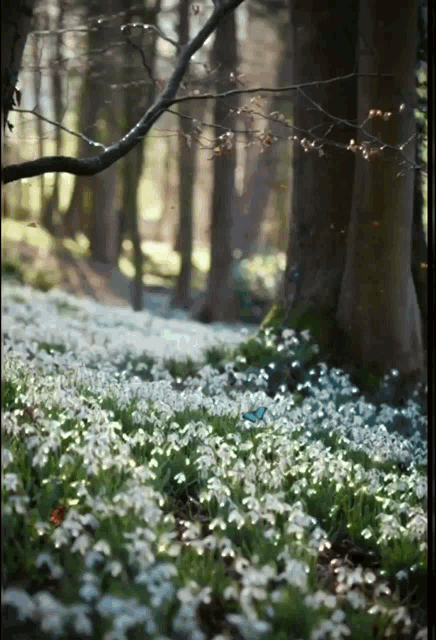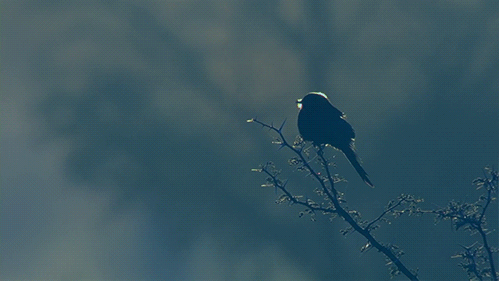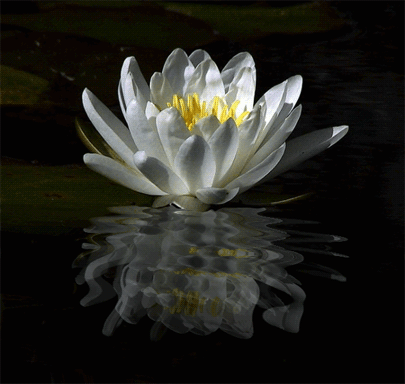
1. Faith and Determination, Loving Kindness and Compassion, Wisdom
The philosophy expounded by the Buddha is very profound and broad. It is so broad and profound that sometimes ordinary people have difficulties in finding a right entrance into it. They do not know where to start. However, this does not imply that the Buddha’s Teachings are confusing or disorganised. On the contrary, Buddhism has very logical, well-reasoned and practical principles.
Wise men in the past commented that all the methods taught by the Buddha, whether the expedient or ultimate paths, serve the sole purpose of leading one to Buddhahood. Whether it is the path that leads one away from evil, and towards the right aspirations (the principle of the Five Vehicles)or the path that leads to disentanglement from worldly desires and to freedom (the principle of the Three Vehicles);or the path that turns one away from the practice of the Sravaka and Pratyeka-buddhas and redirects one to Mahayana thought (the principle of the one Vehicle);
the Buddha explained the paths to enlightenment in all these various ways for the benefit of sentient beings in all their corresponding variety. It is for this great reason that the Buddha appeared in this world.
From the stand point of one who wants to learn about Buddhism, it is important to understand that all the methods taught by the Buddha are in fact processes in the Bodhisattva’s practice. They are the Bodhi paths that lead to Buddhahood. Due to the differing conditions, causes, times and places into which we were born, the best ways towards Bodhi (Enlightenment) may differ for each of us. But if we try to seek the truth of nature through the various methods we will realise that there are no great differences in the teachings of the Buddha. Three themes characterize all the teachings and encompass them as one coherent whole. These themes are as applicable to the practice of “One Vehicle” as they are to the “Three vehicles” and “Five vehicles”. Thus, we call these themes the “The Three Essentials in Practising the Teaching of the Buddha”. Continue reading →


















